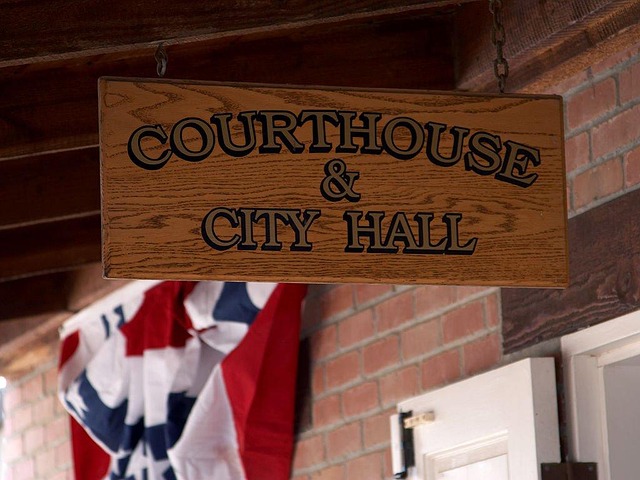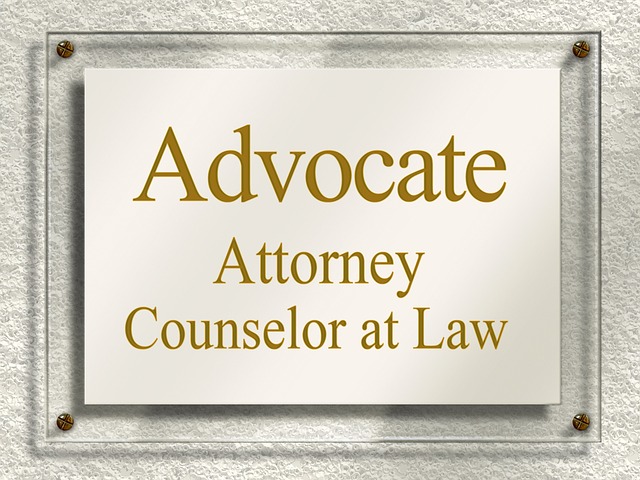Regulatory compliance is vital for businesses to navigate legal complexities and maintain ethical standards, as highlighted by severe penalties for non-compliance, evident in court cases focusing on property ownership disputes. These cases play a crucial role in ensuring nationwide adherence to regulations, shaping property law through landmark decisions that uphold fairness and justice. Staying ahead involves proactive measures: thorough research, industry-specific guidelines, regular employee training, technology integration, community engagement, and following legal updates. By adopting these strategies, businesses can mitigate risks associated with evolving laws and court cases involving property ownership issues, fostering trust and long-term success.
In today’s complex regulatory landscape, understanding and adhering to compliance standards is paramount for businesses. This article delves into the intricacies of Regulatory Compliance Issues, focusing on their definition and significance. We explore significant court cases involving property ownership disputes as a lens to unravel key concepts. Notable case studies offer valuable insights, while practical strategies equip businesses to navigate regulatory complexities effectively, ensuring compliance and mitigating risks associated with court cases involving property ownership issues.
- Understanding Regulatory Compliance: Definition and Importance
- Court Cases: Unraveling Property Ownership Disputes
- Key Takeaways from Notable Regulatory Compliance Cases
- Strategies for Businesses to Navigate Regulatory Compliance Issues
Understanding Regulatory Compliance: Definition and Importance

Regulatory compliance goes beyond mere adherence to laws and rules; it’s a vital strategy for businesses and organizations to navigate complex legal landscapes. This involves understanding and adhering to regulations set by governing bodies, ensuring operations align with ethical standards and public safety requirements. Non-compliance can lead to severe consequences, including financial penalties, legal action, and damage to an organization’s reputation, as evidenced by numerous court cases involving property ownership issues.
An unprecedented track record of regulatory compliance doesn’t just happen; it’s a result of proactive measures, rigorous training, and a commitment to transparency. By adopting best practices and staying informed about evolving regulations, entities can achieve extraordinary results, mitigate risks, and foster trust among stakeholders. This approach not only protects against legal repercussions but also positions organizations for long-term success in an ever-changing regulatory environment.
Court Cases: Unraveling Property Ownership Disputes

In the realm of legal battles, court cases involving property ownership disputes have emerged as a significant aspect of regulatory compliance issues across the country. These cases often delve into intricate matters of real estate transactions, inheritance, and land rights, where clarity on ownership is paramount. Over time, several landmark decisions have shaped the landscape of property law, providing guidance for both legal professionals and individuals navigating these complex scenarios.
Judicial interpretations in these cases not only establish precedent but also achieve extraordinary results by ensuring fairness and justice. From resolving long-standing disputes between neighbors over boundary lines to unraveling white collar and economic crimes disguised as property transactions, the court’s role is pivotal. This active involvement helps maintain order and integrity within the real estate market, reflecting a commitment to addressing not just legal matters but also societal concerns related to property ownership across different regions.
Key Takeaways from Notable Regulatory Compliance Cases

Notable regulatory compliance cases offer a wealth of insights into navigating complex legal landscapes, particularly in real estate transactions. One key takeaway from these court cases involving property ownership issues is the importance of meticulous record-keeping and due diligence. An unprecedented track record of transparent practices can significantly bolster an organization’s defense against charges, demonstrating a commitment to ethical operations that often resonates with both philanthropic and political communities.
Additionally, these cases underscore the need for businesses to stay abreast of evolving regulations and interpret them correctly to avoid misinterpretations leading to costly legal battles. The outcome of such cases—including instances where charges are completely dismissed due to technicalities or valid defenses—serves as a powerful reminder that proactive compliance measures can protect against potential liabilities, ensuring sustainability in an ever-changing regulatory environment.
Strategies for Businesses to Navigate Regulatory Compliance Issues

Navigating regulatory compliance issues can be a complex task for businesses, especially with constantly evolving laws and court cases involving property ownership issues. To stay ahead, companies should adopt proactive strategies. One effective approach is to conduct thorough research on relevant regulations and industry-specific guidelines, ensuring all operations align with legal frameworks. Regular training sessions for employees can help them understand compliance expectations and foster a culture of adherence to ethical standards.
Additionally, businesses can leverage technology to streamline compliance processes. Implementing robust internal control systems and utilizing digital tools for documentation and record-keeping can significantly reduce errors and facilitate efficient audits. Engaging with industry associations and keeping up with legal updates through publications and webinars is also beneficial. By fostering strong relationships within the philanthropic and political communities, companies can stay informed about regulatory shifts and anticipate potential challenges, ensuring smooth operations and mitigating risks in complex scenarios, including jury trials involving corporate and individual clients.
Regulatory compliance is not just an add-on but a critical aspect of any business operation, especially in resolving complex property ownership disputes as seen through various court cases involving property ownership issues. Understanding these regulatory nuances and implementing effective strategies can significantly mitigate risks and foster a robust business environment. By learning from notable cases and adopting proactive approaches, businesses can ensure they stay on the right side of the law while achieving their operational goals.






